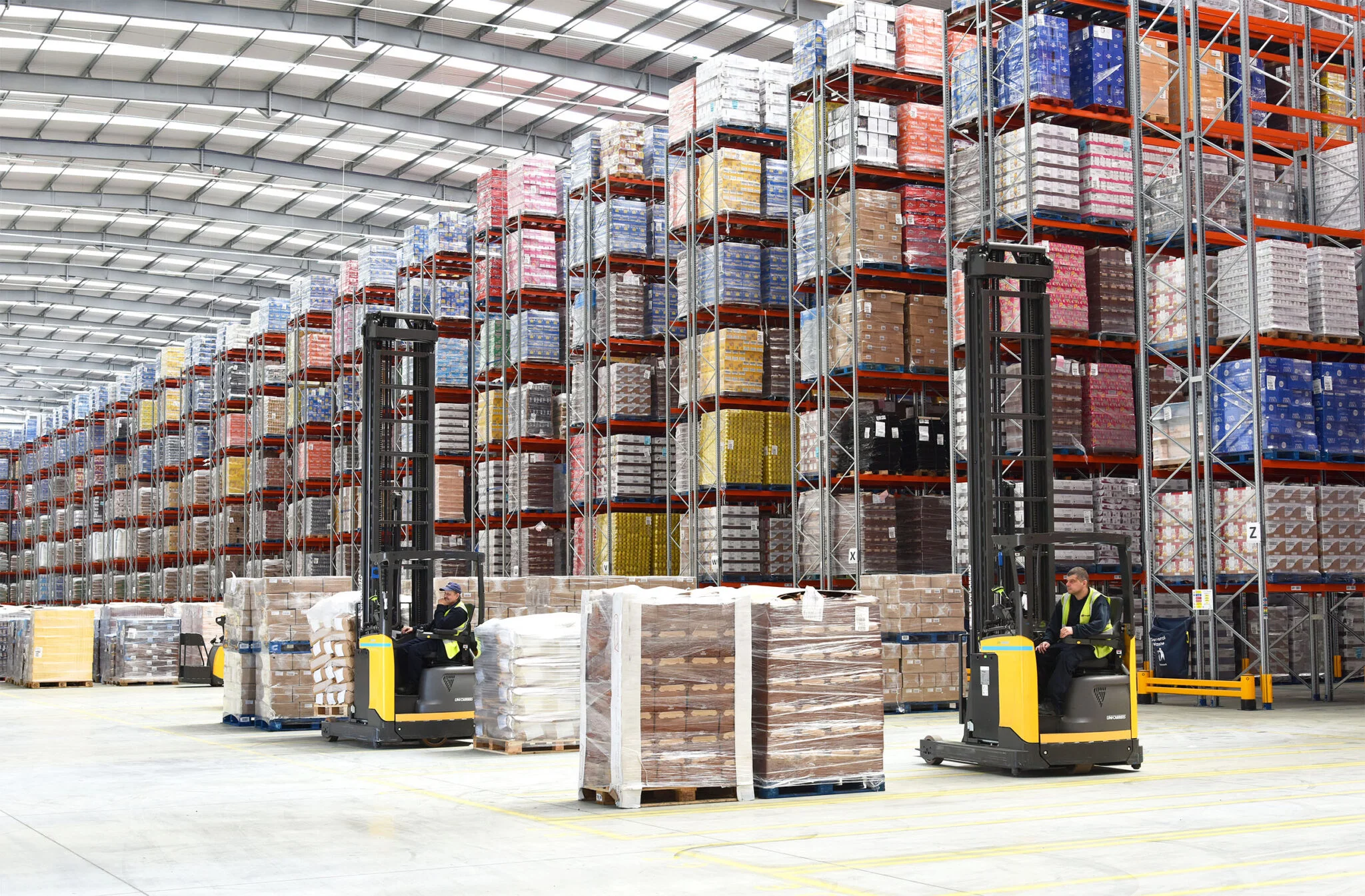Supply chain in 2021? John Perry, managing director of SCALA, a leading provider of management services for the supply chain and logistics sector, comments on the year ahead:
2020 has been an extremely turbulent year, with the public, businesses and the supply chains that serve them feeling the effects. But how will the fallout affect the supply chain in the months to come?
We must primarily consider the economic fallout from 2020. A growing proportion of the population is now in financial difficulty, putting pressure on price points – particularly pertinent given the recent news that a No Deal Brexit is likely to cause price increases for supermarkets and the customers they serve. The adaptations that businesses will need to make for Brexit will of course depend greatly on whether we leave with a deal, making the need for clarity in this area all the more urgent.
This economic shift, alongside the ongoing move to online and home delivery, will worsen retailers’ margin challenges, while they contend with the increased need to compete on price to retain sales. This cost squeeze is in turn likely to trickle through to suppliers, meaning that we may see businesses look to minimise costs across their supply chain and logistics operations.
The volatility of this year also means that certain companies may look to sell, meaning that mergers & acquisitions activity is likely to increase – possibly leading to ‘bargains’ for those in a position to buy.
A recurrent theme of 2020 was rapidly-shrinking warehouse space, due to factors such as the rising popularity of online shopping, changing consumer demands, and businesses stockpiling in an attempt to insulate themselves from wider market turmoil. Illustrating this, deals were agreed for 22.1 million square feet of warehouse space in the first nine months of the year according to JLL – up 36% year-on-year.
Environmental concerns will once again be high on the agenda – particularly considering the UK is set to host the COP26 summit later in the year. Increased home deliveries in lockdown and fluctuating traffic levels have thrown a spotlight on businesses’ carbon emissions, meaning that finding ways to sustainably cut emissions, without compromising in areas such as service quality, will rightly be a key priority for many.
However the coming year should turn out, it is clear that supply chain risk and resilience strategies will be key. If this year has shown us anything, it is that business operations can be turned upside down virtually overnight, and failing to plan truly is planning to fail.
Subsequently, we would predict that businesses will put a great deal more focus on their supply chain risk and resilience over the next year. For any businesses that have not begun this process yet, we would urge them to seriously consider it.
To find out more about supply chains in 2021, you can visit Logistics Business’s virtual exhibition for free








